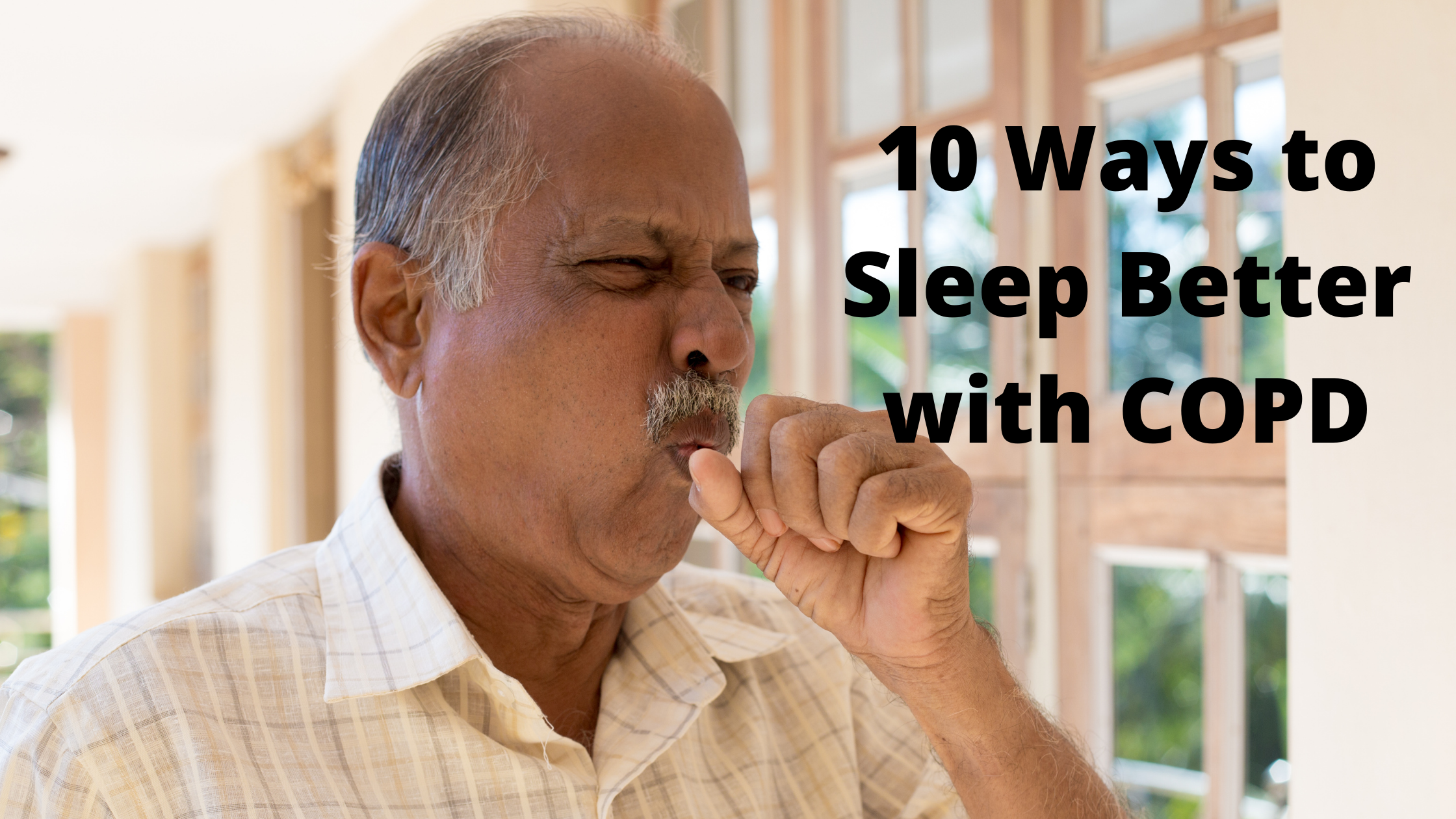Restless Legs Syndrome (RLS) is a neurological disorder characterized by an irresistible urge to move the legs, often accompanied by uncomfortable sensations. These symptoms typically worsen during periods of rest or inactivity, particularly in the evening and at night, leading to sleep disturbances and a significant impact on quality of life. While lifestyle changes and non-pharmacological treatments can help manage RLS, medications are often necessary for those with moderate to severe symptoms. This blog post explores the various medications available for treating RLS, how they work, and their potential side effects.
Understanding Medications for Restless Legs Syndrome (RLS)
Reasons for Low Oxygen Levels at Night: Understanding Nocturnal Hypoxemia
Low oxygen levels at night, known as nocturnal hypoxemia, can be a concerning and sometimes dangerous condition. It can lead to a variety of health issues, including poor sleep quality, cardiovascular problems, and daytime fatigue. Understanding the reasons behind low oxygen levels at night is crucial for addressing the issue and maintaining overall health. In this blog post, we'll explore the common causes of nocturnal hypoxemia and discuss potential solutions to help improve oxygen levels during sleep.
Chronic Obstructive Pulmonary Disease (COPD) is an obstructive disease of the lungs. The lung tissue has been so destroyed that it's difficult for it to exchange gas, leading to decreased oxygen levels and difficulty breathing. It can be extremely difficult to breathe at night, partly due to the fact that the lungs are lying flat on the back of the chest wall, making it more difficult to breathe. This can lead to nighttime wheezing and sleep disturbances. Here are some tips for improving sleep with COPD.
Asthma and COPD are both obstructive diseases that make it difficult for lungs to completely get rid of all the air in them. Asthma is more common in younger patients and is reversible through treatment with drugs like albuterol and terbutaline. COPD is not reversible and is more evident in older patients, especially those with a history of smoking. It's important to know the difference between these two diseases, as well as the impact they can have on your sleep. Continue reading to find out more about sleep problems in these individuals.
Chronic obstructive pulmonary disease, commonly known as COPD, is a progressive lung condition that significantly impacts the quality of life for millions worldwide. Characterized by persistent respiratory symptoms and airflow limitation, COPD is primarily caused by long-term exposure to harmful particles or gases, most notably from cigarette smoke. As a leading cause of morbidity and mortality, this disease poses a substantial public health challenge, often going undiagnosed until it has advanced due to its insidious onset and the commonality of its symptoms with other respiratory conditions. Understanding COPD is crucial for early detection and management, which can help improve patient outcomes and slow the progression of the disease.





